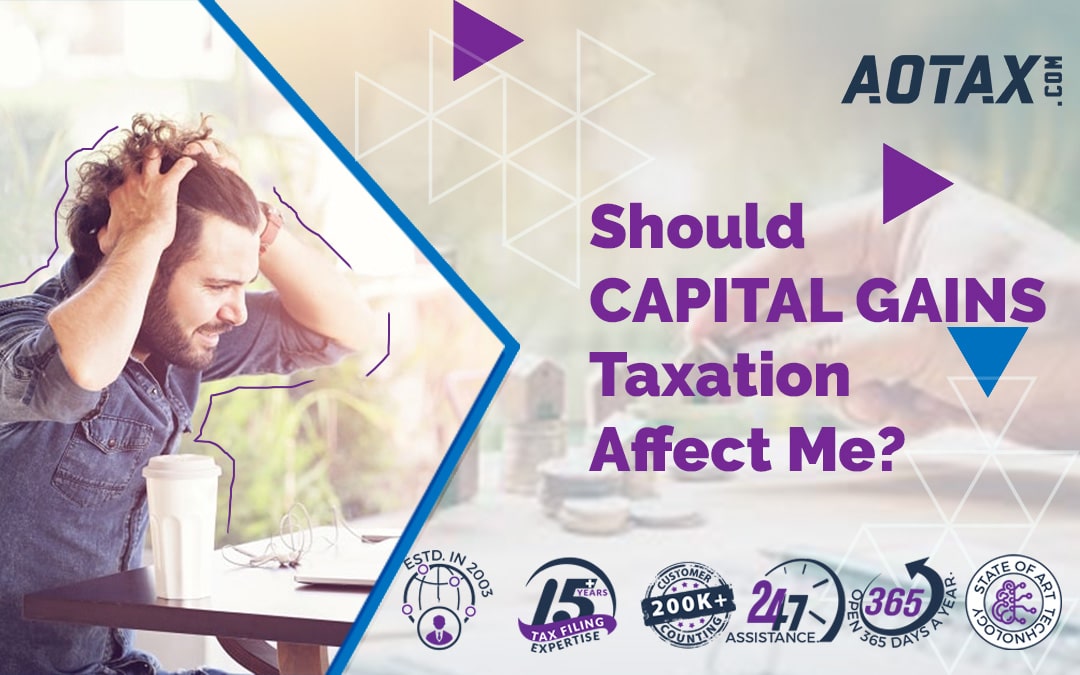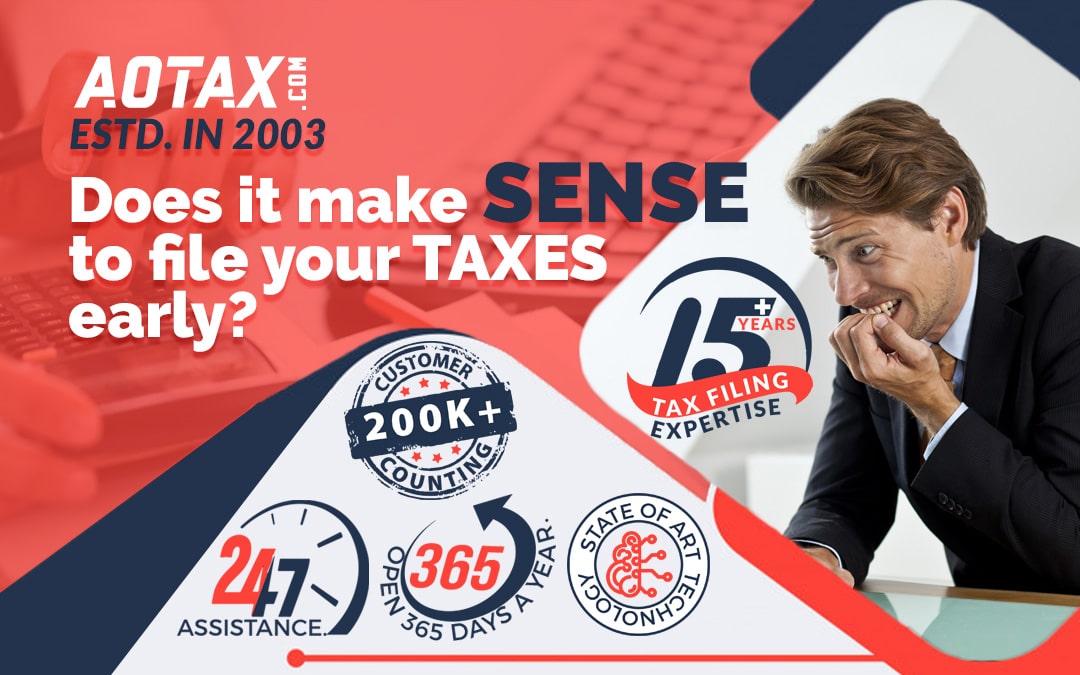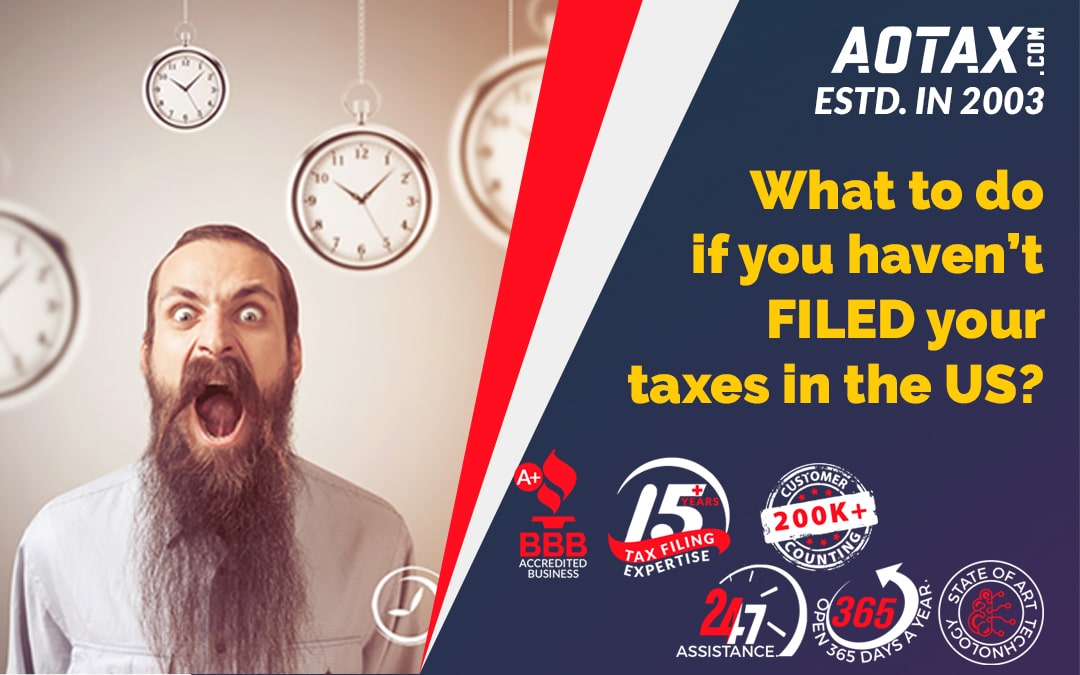
Should capital gains taxation affect me?
Should capital gains taxation affect me?
Capital gains taxation a lot of things that we own for either personal use or for investment purpose usually qualifies as a capital asset. Some common examples of capital assets include house, property, bonds, and stocks held as an investment, home furnishings, etc.
When you sell any of these capital assets and make some profit on them, the capital gains taxation come into the picture. The basis of capital gains taxes is that when you sell or exchange your capital assets, you do so at a higher price than you had bought them. Similarly, if you sell a capital asset at a lower price than you paid to buy the same, it would be tagged as a capital loss.
Classification
Capital gains are either classified as long term capital gains or short term capital gains. Here are some details about each category.
- Long Term Capital Gains
If you hold on to a capital asset for a minimum of 1 year and then decide to sell or exchange it, any gains that you make would be long term capital gains. And the applicable taxes also vary depending on the type of capital gain. For long term capital gains, most individuals would end up paying no more than 15% as taxes.
There is a possibility that some or all your capital gains might be even taxed at 0% if your income is less than $78,750. The standard rate of 15% is applicable if your income ranges between $78,750 and $434,500 for single taxpayers and between $78,750 and $488,850for taxpayers who are married and filing jointly.
Citizens with annual income exceeding the above, the capital gains tax works out to be 20%. Certain capital assets such as collectibles, selling stocks of small businessses, etc. are taxed at a maximum of 28%.
- Short Term Capital Gains
Any assets that you sell or exchange within a year of buying or acquiring it qualifies as sort term capital gain. In the case of any short term gains, the gain is added to your annual income and taxed accordingly.
One of the major benefits of categorizing these gains is that you are entitled to lower taxes. If the same amount were to be taxed like your income, you would end up paying higher taxes. However, with short term and long term capital gains, you can reduce the tax liability by a considerable margin.
As a rule of thumb, short term capital gain taxes tend to be on the higher side. Since it is dependent on the annual income, the maximum taxes can go up to 37%. On the other hand, long term capital gains can be up to a maximum of 20%.
On the other hand, if you sold a capital asset at a lower price than what you acquired it for, you would incur a capital loss. And it is important to know that you can use those losses to offset any of your capital gains. They can offset gains up to $3,000 with the help of capital losses.
If you stay in the house that you are putting up for sale for a minimum of two years, capital gains up to $250,000 for individuals and $500,000 for married couples is tax free. Thus being aware of the taxes can save the day for you.
If you own any of the capital assets mentioned above, you are entitled to pay capital gains taxes on the selling of these assets. The presence of capital gains taxes impacts you in more ways than you realize. For starters, unless it is short term capital gains, you will end up paying fewer taxes.
Reference:
https://www.taxpolicycenter.org/briefing-book/how-are-capital-gains-taxed





Recent Comments